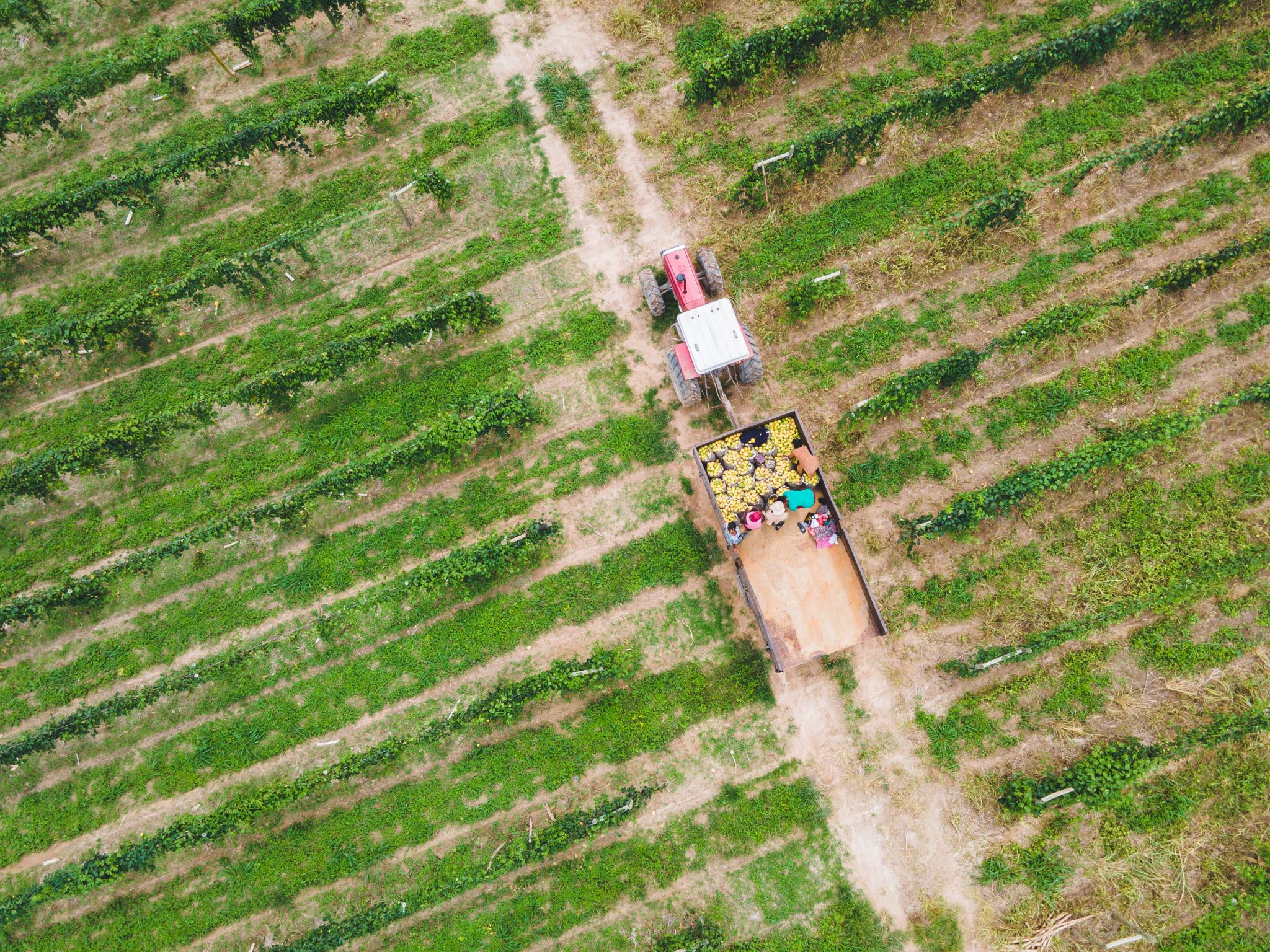Top Agronomic Trends in Ghana: What Farmers Need to Know
Introduction to Agronomic Trends in Ghana
Agriculture remains a cornerstone of Ghana's economy, employing a significant portion of the workforce and contributing substantially to the country's GDP. As global agricultural practices evolve, Ghanaian farmers must stay informed about emerging trends to enhance productivity and sustainability. This blog post delves into some of the top agronomic trends in Ghana that every farmer should be aware of.

Climate-Smart Agriculture
With climate change impacting weather patterns, Ghanaian farmers are increasingly turning to climate-smart agriculture (CSA) techniques. CSA aims to increase agricultural productivity sustainably while adapting to changing climatic conditions and reducing greenhouse gas emissions. Farmers are adopting practices like crop rotation, agroforestry, and improved water management systems to mitigate climate risks.
One of the key aspects of CSA is the use of drought-resistant crop varieties. By incorporating these resilient seeds, farmers can ensure better yields despite irregular rainfall patterns. Additionally, integrating livestock with crop production helps in maintaining soil fertility and reducing dependency on chemical fertilizers.
The Role of Technology in Modern Farming
Technology is revolutionizing agriculture across the globe, and Ghana is no exception. The adoption of mobile applications and digital platforms is enabling farmers to access real-time information on weather forecasts, market prices, and best farming practices. This digital transformation is helping farmers make informed decisions, ultimately leading to increased productivity and profitability.

Organic Farming Practices
As consumer preferences shift towards healthier and environmentally friendly produce, organic farming is gaining traction in Ghana. Organic farming emphasizes the use of natural inputs and processes that enhance ecological balance. Farmers are increasingly adopting organic methods such as composting, crop diversification, and biological pest control to cater to this growing demand.
Organic certification is also becoming more prevalent, providing farmers with access to premium markets both locally and internationally. By transitioning to organic farming, Ghanaian farmers can improve soil health, reduce chemical dependencies, and ultimately increase their income.
The Importance of Sustainable Water Management
Water scarcity remains a significant challenge for Ghanaian agriculture. Sustainable water management practices are crucial for ensuring that crops receive adequate hydration without depleting vital water resources. Techniques such as drip irrigation, rainwater harvesting, and the use of water-efficient crops are becoming increasingly popular among farmers.

Conclusion: Embracing Change for a Sustainable Future
The agronomic trends outlined above highlight the importance of innovation and adaptation in Ghana's agricultural sector. By embracing these changes, farmers can improve their resilience against climate challenges, access new markets, and contribute to a more sustainable agricultural future.
Staying informed about these trends is crucial for any farmer looking to thrive in today's rapidly evolving agricultural landscape. By integrating these practices into their operations, Ghanaian farmers can ensure their long-term success and sustainability.
